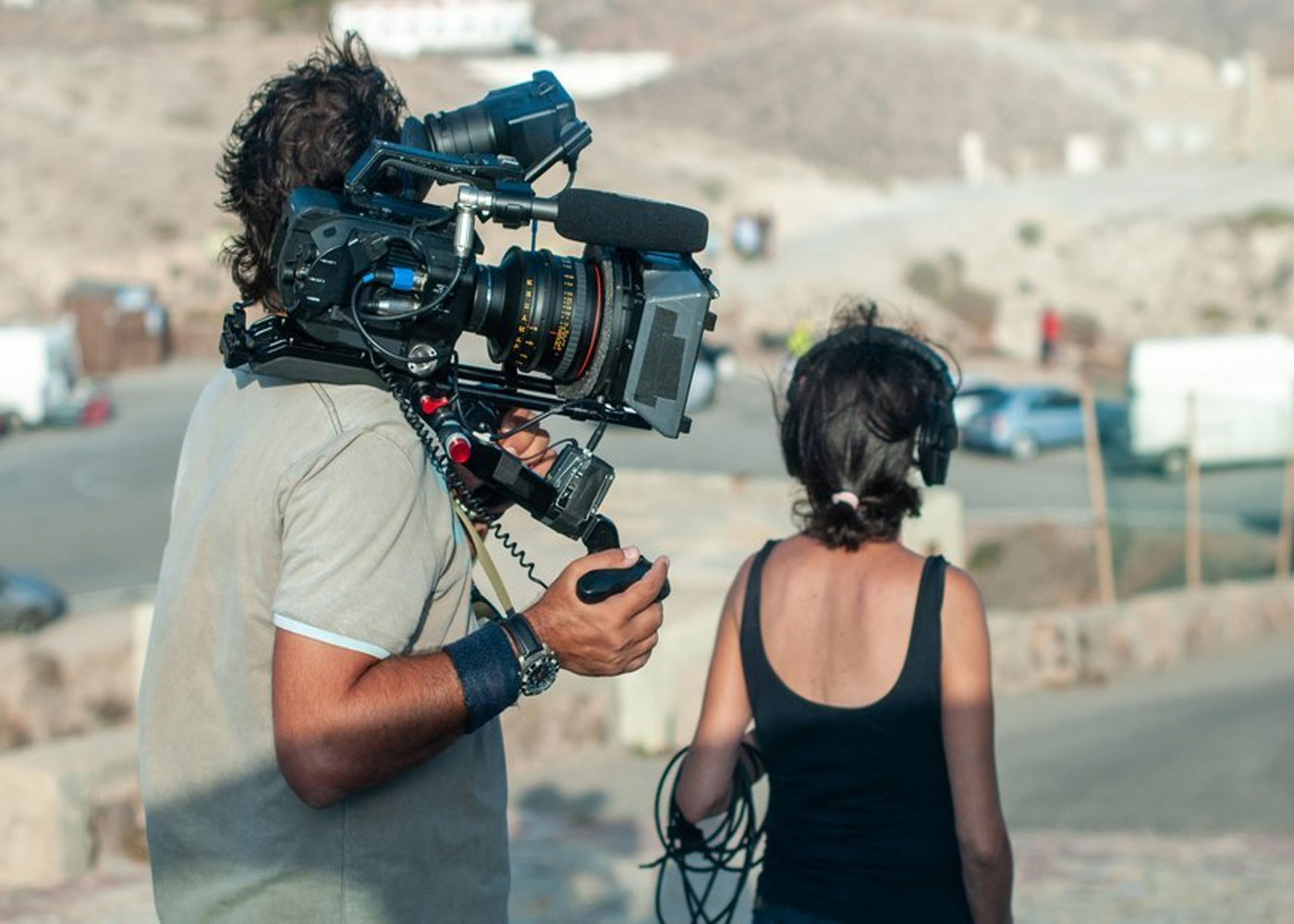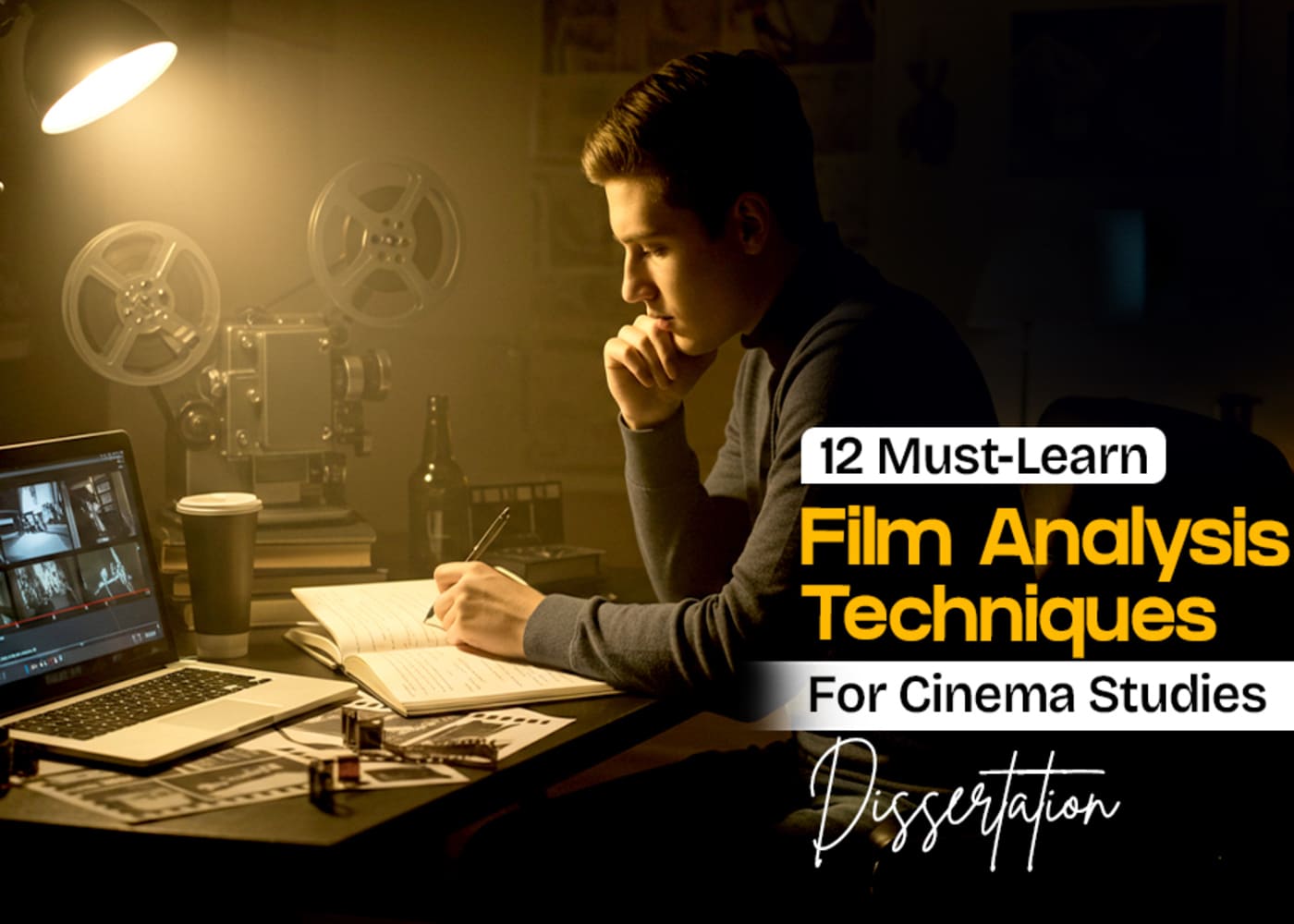In addition to shining light on genuine tales and societal challenges, documentaries have the unique capacity to transport viewers into other realms. These movies have the capacity to arouse emotions, alter viewpoints, and spur change because of their use of visual narrative. The tools used to record these stories, specifically the cameras and lenses which bring the filmmaker's vision to life, are essential to the success of any documentary Film Production.
The Value of Selecting the Correct Camera
Any documentary filmmaker must make an informed choice when choosing their camera. The storyteller uses the camera as a tool to capture candid conversations, magnificent landscapes, and moments of unbridled emotion. When making this choice, it is crucial to take into account aspects like image quality, low-light performance, durability, and simplicity of use.
Knowing the Different Types of Cameras
1. DSLR Cameras
Among filmmakers, DSLR (Digital Single-Lens Reflex) cameras have always been a popular. They include a variety of manual settings, excellent image quality, and interchangeable lenses. DSLRs are a great option for documentary filmmakers looking for versatility since they are adaptable, portable, and appropriate for taking still photos as well as moving pictures.
2. Mirrorless Cameras
Due to their small size, cutting-edge features, and excellent image quality, mirrorless cameras have become more and more popular in recent years. These cameras don't require a mirror mechanism since they use electronic viewfinders instead. With their superior video recording capabilities, mirrorless cameras provide filmmakers access to a wide range of compatible lenses and high-resolution footage.
3. Cinema Cameras
Cinema cameras are made specifically for the film industry. They have strong construction, high-end features, and great image quality. These cameras frequently feature bigger sensors, which enable great dynamic range and low-light performance. Filmmakers who want to give their documentaries a cinematic feel and aesthetic typically use cinema cameras.
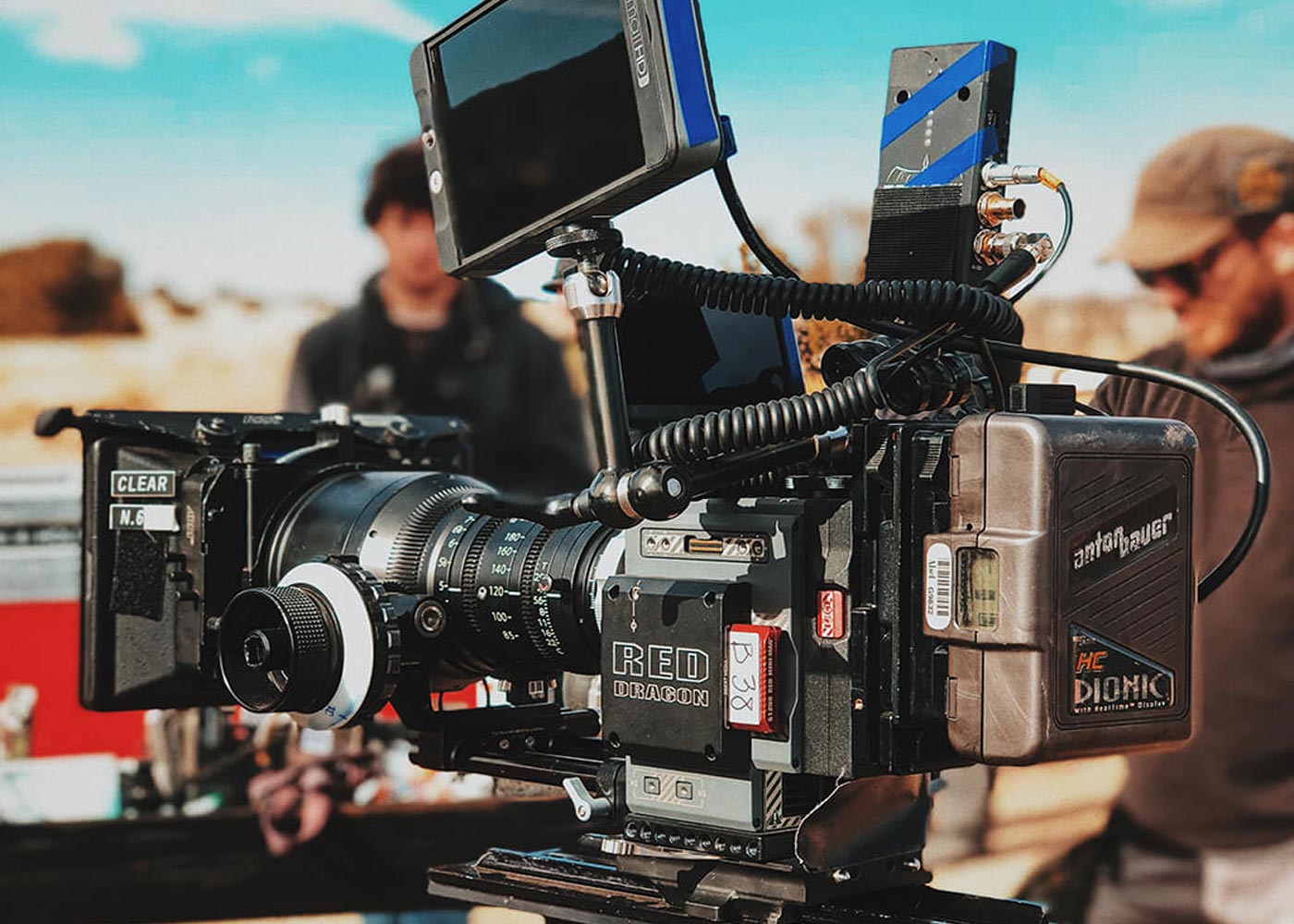
Examining Potential Lenses
1. Prime Lenses
Prime lenses cannot zoom because they have a fixed focal length. They do, however, make up for this drawback by producing images of greater clarity and having larger apertures, which let in more light into the camera. Prime lenses are renowned for their clarity, sharpness, and capacity to provide a cinematic appearance. They are preferred for conducting interviews and documenting private occasions.
2. Zoom Lenses
Zoom lenses' adjustable focal length range gives them versatility. Filmmakers can swiftly capture a variety of scenes since they have the ability to zoom in or out without switching lenses. Zoom lenses offer simplicity and adaptability, making them acceptable for documentary filmmakers on the go even if they may not have the same image quality as prime lenses.
3. Wise Angle Lenses
A wider field of vision is possible with wide-angle lenses because they have a shorter focal length. They excel in taking pictures of large vistas, gatherings of people, and realistic environments. Wide-angle lenses provide documentary film depth and perspective, enveloping the spectator in the scene and enhancing the storytelling experience.
4. Telephoto Lenses
Since telephoto lenses have a larger focal length, they may catch far-off things in exquisite detail. These lenses work well for photographing animals, sporting events, and other circumstances when it is difficult to get up close to the subject. The impact of the documentary is increased since telephoto lenses put the audience closer to the action.
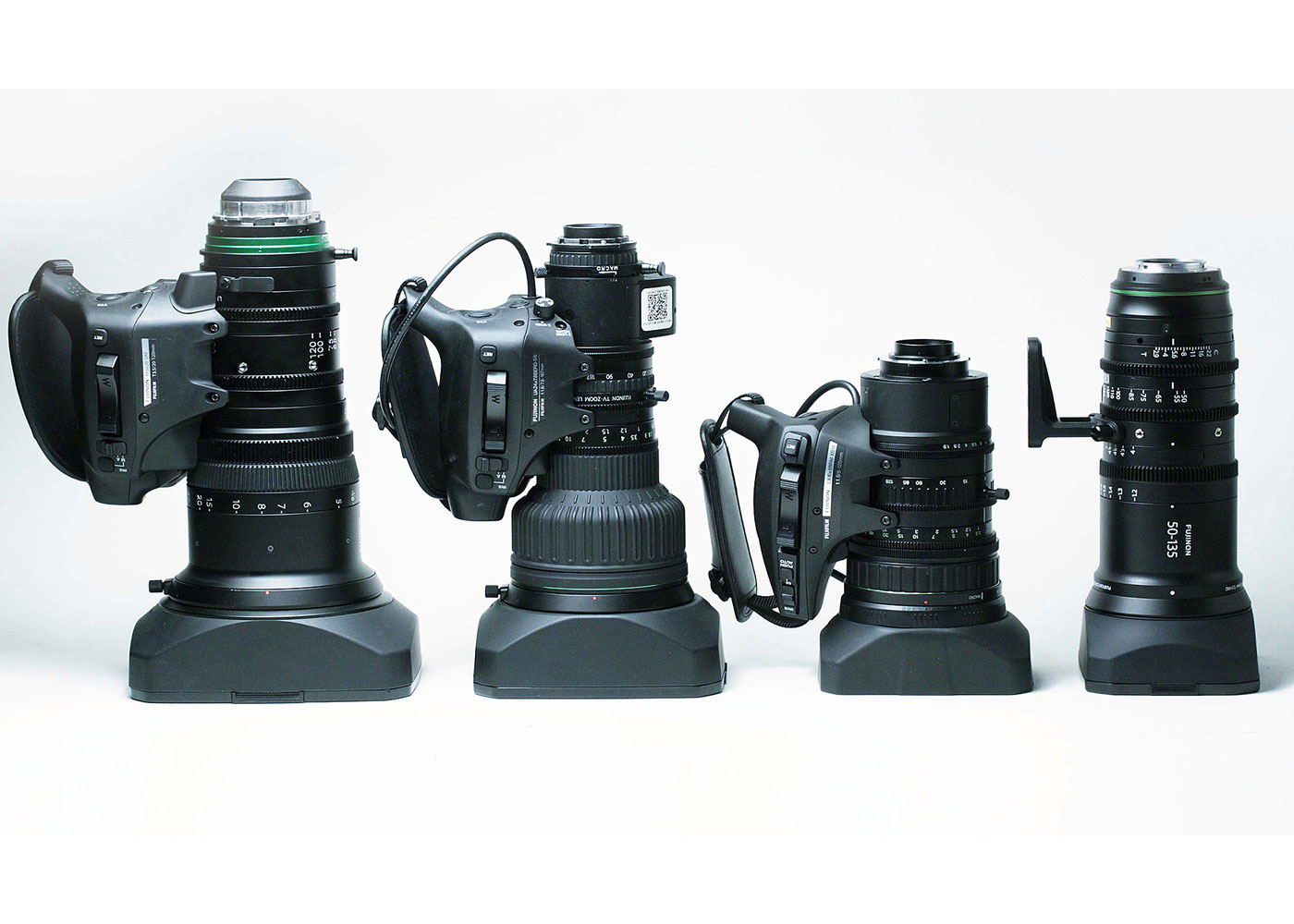
Selecting the Proper Camera and Lens Combo
The documentary's subject matter, the shooting environment, and the budget all play a role in choosing the best camera and lens. The ideal visual aesthetic must be balanced with picture quality, mobility, and other factors. Making a decision with knowledge and confidence may be aided by research, practical testing, and professional consultation.
Technology's Effect on Documentary Filmmaking
The world of documentary filmmaking is still changing as a result of technology, which gives creators of the genre new instruments with which to convey tales more successfully. Following the most recent technology innovations may increase the quality and impact of documentaries through improvements in low-light performance and picture stabilization.
Advice on How to Choose the Ideal Camera for your Needs
1. Establish Your Goal
It's important to decide on your camera's principal use before you start your camera shopping adventure. Are you a budding photographer who wants to experiment with various genres? Do you require a camera for both personal and commercial use? Understanding your objective will help you select the appropriate features and requirements.
2. Evaluate your Level of Skill
Think about your degree of photographic experience. Choose a camera with simple controls and user-friendly features if you're a novice. If you're an experienced photographer, though, you might want to spend more money on a more sophisticated camera that gives more manual control & customization possibilities.
3. Examine and Contrast
Spend some time investigating and contrasting various camera types. Visit reliable websites, study reviews, and ask pros or seasoned photographers for advice. Pay attention to elements like autofocus performance, lens compatibility, sensor size, low-light performance, and image quality.
4. Think About the Type of Camera
There are several distinct types of cameras, including small, mirrorless, and DSLR (Digital Single Lens Reflex) cameras. Each variety has distinct benefits and drawbacks. Mirrorless cameras are small and have cutting-edge features, whereas DSLR cameras are versatile and produce excellent images. Compact cameras are convenient and excellent for daily usage. Select the kind that best suits your tastes and shooting technique.
5. Megapixels Don't Always Matter
Although megapixels help with image resolution, you shouldn't choose a camera entirely based on this feature. The degree of detail and clarity in a picture is also greatly influenced by factors including sensor size, lens quality, and image processing. Compared to a camera with a greater megapixel count, one with a bigger sensor may capture images of better quality.
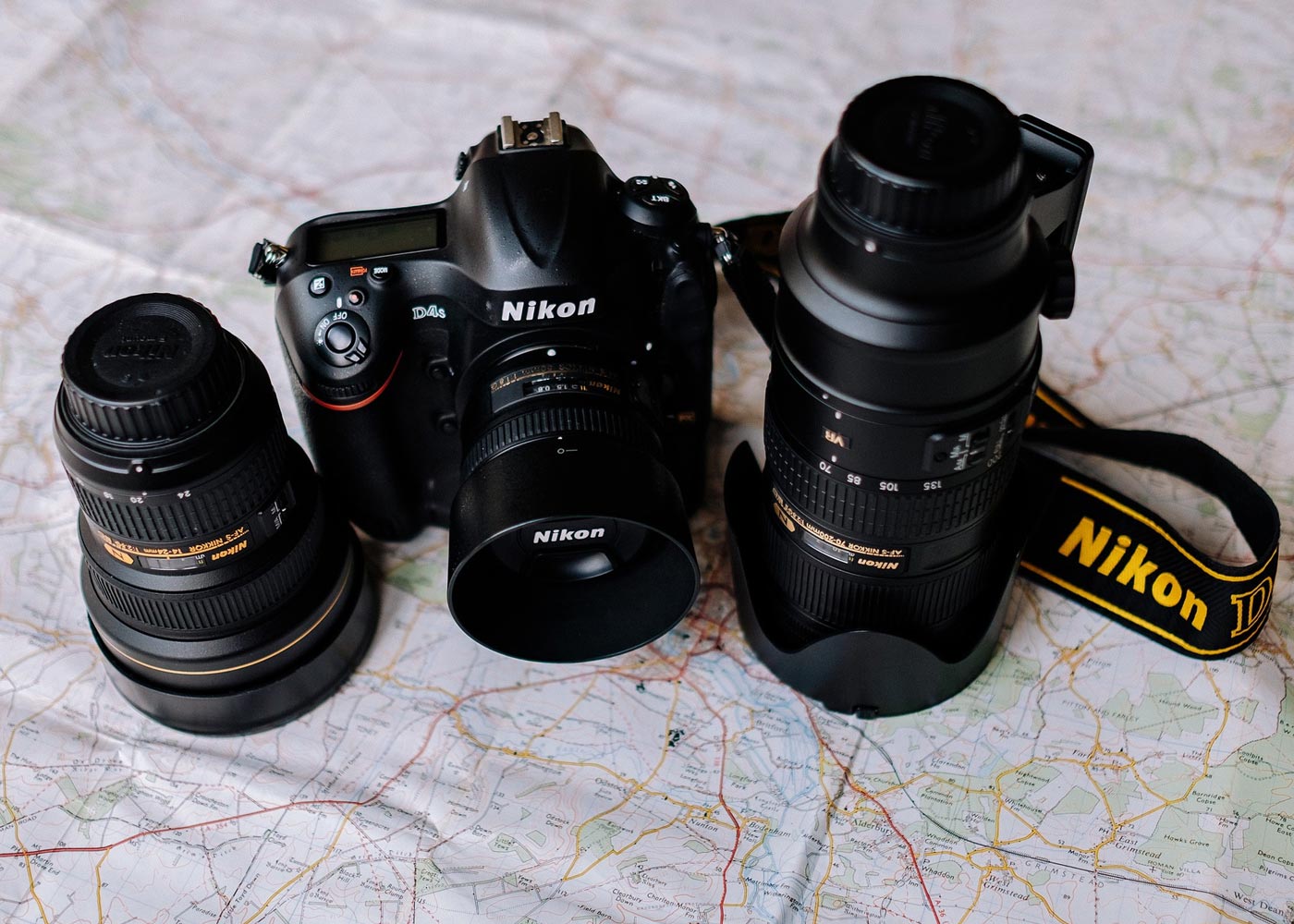
6. Think About Your Budget
Decide on a budget range, and abide by it. It's crucial to pick a camera that works within your budget because camera prices might vary greatly. Keep in mind that the best results are not always guaranteed by the most costly camera. Decide which characteristics are most important to you, then strike a balance between price and quality.
7. Try Before you Purchase
Visit a camera shop as much as you can and hold the cameras you're considering. Get a sense of the comfort level, button arrangement, and ergonomics. You'll have a better grasp of which camera is best for you after this practical experience.
8. Consult a Professional
Don't be afraid to get guidance from seasoned photographers or camera enthusiasts if you're still confused or feeling overwhelmed by your selections. Based on your unique requirements and tastes, they may offer insightful advice and camera recommendations.
9. Keep Long-Term Investments in Mind
A camera purchase is a long-term commitment. Consider the camera system's expandability and the future. Look into the supply of lenses, add-ons, and future upgrades. You may develop and improve as a photographer by picking a camera with a variety of appropriate settings.
10. Trust Your Gut Feelings
Lastly, believe in your gut. Choose the camera that speaks to you personally after doing extensive study and analyzing all the options. Since photography is an artistic endeavor, your camera should encourage and enhance your imagination.

Conclusion
The art of creating documentaries strongly depends on capturing the spirit of true stories. The ability to translate feelings, experiences, and messages onto the screen is made possible by cameras and lenses, which act as a conduit between the filmmaker and the viewer. Documentary filmmakers in Film District Dubai produce eye-catching visual stories that have a lasting impression on viewers by being knowledgeable about the many types of cameras, lenses, & accessories available.

